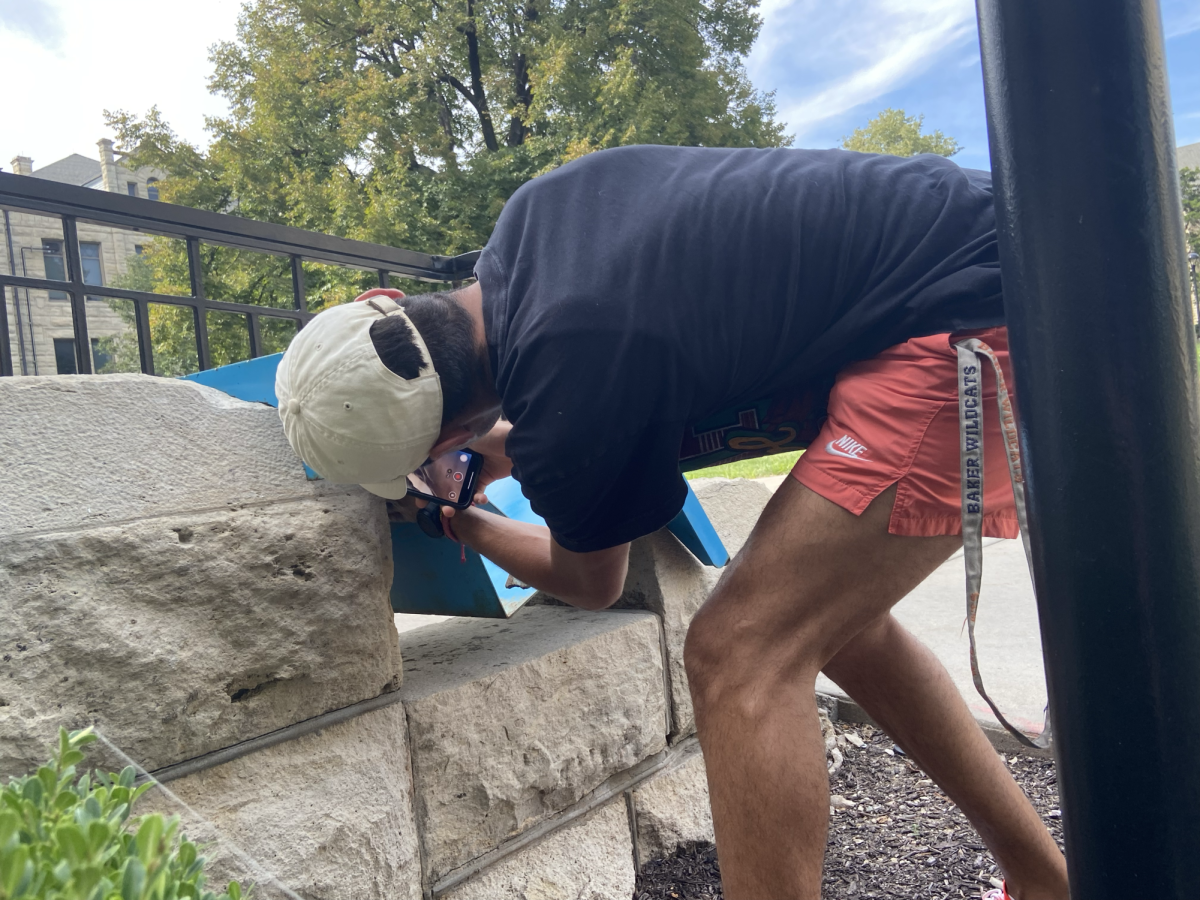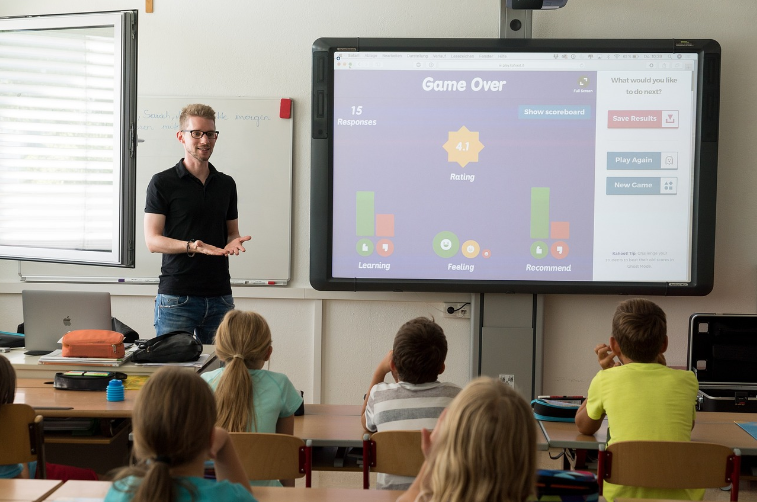In the ever-evolving world of education, teachers are not just educators but lifelong learners themselves. As the needs of students and the demands of the profession change, it’s crucial for teachers to continually refine and expand their skills.
Professional development is not just about staying current; it’s about being proactive in your growth, seeking out new strategies, and embracing innovative teaching methods. Whether it’s mastering new technology in the classroom, understanding diverse learning needs, or simply finding fresh ways to engage students, the journey of a teacher is one of constant learning.
This guide aims to explore practical and effective professional development ideas that can help teachers not only hone their skills but also reignite their passion for teaching. From pursuing a teaching degree online to engaging in collaborative learning communities, we’ll dive into how educators can enrich their expertise and make a lasting impact on their students’ lives.
Let’s embark on this journey together, exploring the pathways that lead to becoming not just a better teacher but a visionary educator ready to shape the future.
Embrace Online Learning Opportunities
In today’s digital age, enhancing your qualifications can be as convenient as enrolling in any degree online. This flexible option allows teachers to balance their professional responsibilities with further education, providing access to a wealth of resources and cutting-edge teaching strategies. Online programs offer courses ranging from classroom management to advanced educational theories, enabling teachers to tailor their learning to their specific needs and interests. By pursuing a teaching degree online, educators can elevate their teaching credentials while gaining insights into the latest educational technologies and methodologies.
Join Professional Teaching Associations
Becoming a member of professional teaching associations can significantly benefit teachers. These organizations offer a platform for educators to network, share best practices, and stay updated on the latest research and trends in education. Membership often includes access to exclusive workshops, webinars, and conferences, providing ongoing learning opportunities. Moreover, these associations can offer support and resources for teachers looking to implement new strategies in their classrooms, fostering a community of continuous improvement and innovation.
Participate in Workshops and Seminars
Attending workshops and seminars is another effective way for teachers to develop their professional skills. These events are typically led by experts in the field and cover a wide range of topics, from new teaching technologies to strategies for engaging students with diverse learning needs. Workshops and seminars also offer the opportunity to engage in hands-on activities, allowing teachers to practice new skills in a supportive environment. This direct application of learning can help solidify new concepts and techniques, making them more accessible for integration into classroom teaching.
Collaborate with Peers
Peer collaboration is a powerful tool for professional development. Teachers can form learning communities within their schools or online to share experiences, challenges, and successes. Through regular meetings or online forums, educators can discuss innovative teaching strategies, classroom management tips, and effective assessment methods. Collaborative environments encourage the exchange of ideas and provide a support network for trying out new approaches. Peer observation and feedback can also be invaluable, offering fresh perspectives and constructive suggestions for enhancing teaching practices.
Engage in Reflective Practice
Reflective practice involves taking a step back to evaluate one’s teaching methods, assessing what works well, and identifying areas for improvement. This can be achieved through journaling, self-assessment tools, or discussions with mentors and peers. Reflective practice encourages a mindset of continuous learning and adaptation, allowing teachers to develop a deeper understanding of their teaching style and its impact on student learning. By setting personal goals and regularly reflecting on their progress, teachers can make informed decisions about their professional development and take proactive steps toward achieving excellence in their teaching.
Embrace Technology in the Classroom
Technology has transformed the way students learn, making it imperative for teachers to integrate digital tools into their teaching strategies. Attend workshops or webinars focused on the latest educational technologies, such as interactive whiteboards, student response systems, and educational software. Learning to utilize these tools effectively can make lessons more interactive and cater to various learning styles, thereby increasing student engagement and understanding.
Collaborative Learning and Peer Review
Collaboration among educators is a powerful tool for professional growth. Participate in peer review sessions where you can share teaching materials, strategies, and experiences. This collaborative approach allows teachers to gain new insights, discover alternative teaching methods, and receive constructive feedback. Setting up regular meetings with colleagues to discuss educational trends, classroom management techniques, and curriculum development can foster a supportive learning community that benefits both teachers and students.
Specialize in a Subject or Niche
Deepening your knowledge in a specific subject area or niche can enhance your expertise and make your teaching more impactful. Consider pursuing additional qualifications or certifications in areas like special education, STEM education, or bilingual education. This specialization not only makes you more valuable to your school but also allows you to meet the diverse needs of your students more effectively.
Attend Educational Conferences and Workshops
Educational conferences and workshops offer a wealth of knowledge and networking opportunities. These events are platforms for educators to learn about cutting-edge research, innovative teaching techniques, and educational policies. They also provide a forum for teachers to connect with peers, experts, and thought leaders in education. By attending these events, you can stay informed about the latest trends and best practices in education, which you can then integrate into your own teaching.
Incorporate Mindfulness and Well-being into Teaching
The mental health and well-being of both teachers and students are crucial for a conducive learning environment. Engage in professional development programs that focus on mindfulness, stress management, and emotional intelligence. Learning strategies to enhance your well-being and that of your students can lead to a more positive and productive classroom atmosphere. Implementing mindfulness exercises before class or integrating lessons on emotional intelligence can significantly impact students’ learning experiences and outcomes.
Conclusion
Professional development is essential for teachers aiming to refine their skills and adapt to the evolving educational landscape. By embracing technology, collaborating with peers, specializing in a niche, attending educational events, and focusing on well-being, teachers can enhance their teaching effectiveness and contribute to a more dynamic, inclusive, and supportive learning environment. These strategies not only benefit educators in their professional growth but also significantly impact their students’ academic and personal development. As the education sector continues to evolve, teachers who are committed to continuous learning and improvement will find themselves at the forefront of delivering quality education.



















































































































